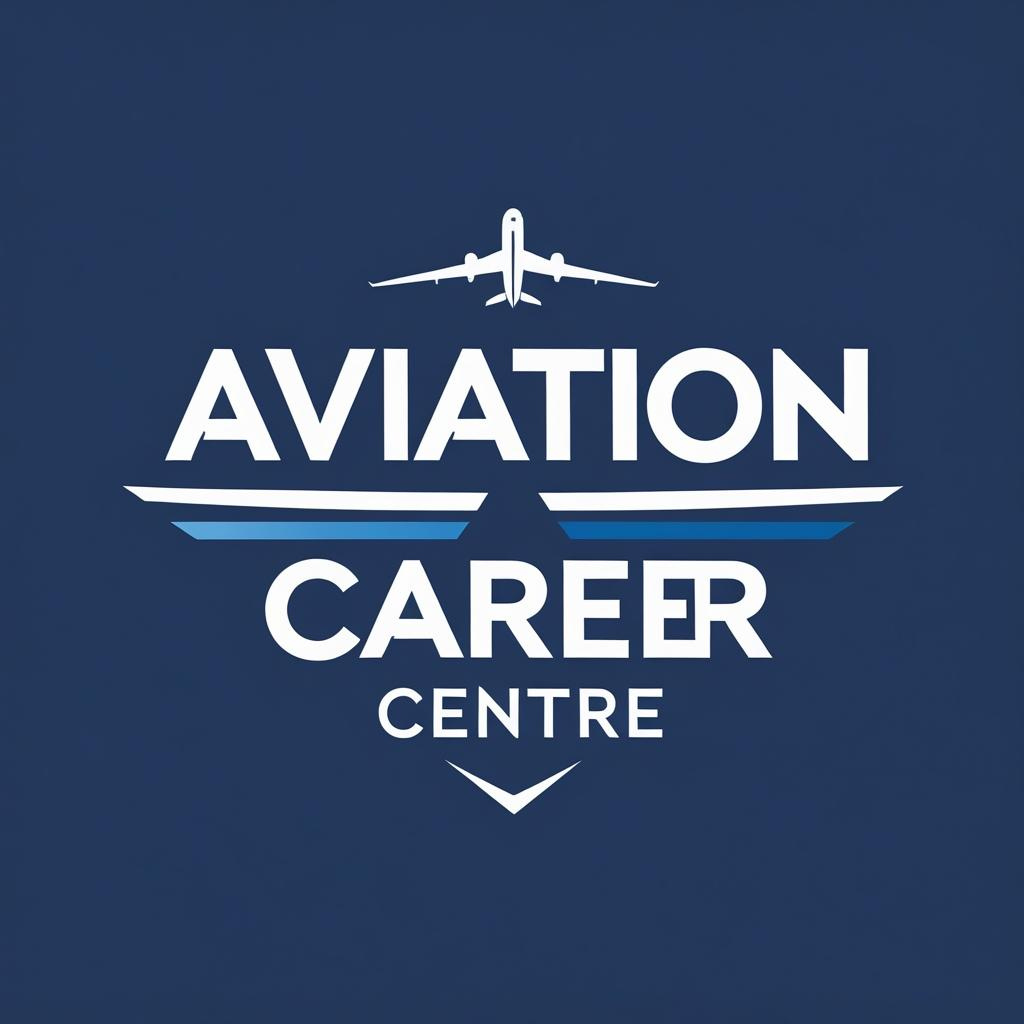Many Hong Kong students enter flight training believing they can pursue aviation careers on a part-time basis while maintaining other professional obligations. This misconception leads to incomplete training, financial losses, and career frustration that proper understanding could prevent.
Professional aviation careers require full-time commitment from the earliest stages of training. Flight training programs demand intensive, continuous engagement to maintain proficiency and meet certification requirements. Students who attempt part-time training often experience skill degradation between sessions, requiring additional instruction hours and extending program duration significantly.
The scheduling demands of flight training conflict with other professional commitments. Weather dependencies, aircraft availability, and instructor schedules create unpredictable training timelines that cannot accommodate rigid work schedules. Students who cannot maintain flexible availability often find themselves unable to complete training efficiently or at all.
Currency requirements throughout aviation careers eliminate the possibility of casual participation. Pilots must maintain recent flight experience, complete recurrent training, and satisfy ongoing proficiency requirements regardless of their desired level of involvement. These obligations continue whether pilots fly frequently or occasionally, creating ongoing costs and time commitments.
Employment opportunities in aviation rarely accommodate part-time preferences. Airlines operate on demanding schedules that require full availability from pilots. Charter operations, corporate flying, and instructional positions similarly demand flexible scheduling and total professional commitment. Part-time opportunities in professional flying remain extremely limited and typically offer minimal career advancement potential.
The financial reality makes part-time aviation careers economically unviable for most individuals. Training costs remain the same regardless of intended career commitment level. However, part-time pilots cannot generate sufficient income to justify these investments while maintaining currency requirements and ongoing costs. The economic equation favors either full career commitment or alternative professional paths.
More significantly, aviation safety standards demand complete focus and commitment from all participants. Part-time engagement creates risks through reduced proficiency, decreased familiarity with procedures, and limited recent experience. The industry appropriately maintains high standards that effectively eliminate casual participation in professional operations.
Students who discover these realities mid-training often abandon programs after substantial investment. The transition costs include not only financial losses but also opportunity costs from time and energy diverted from other career development activities. These losses prove particularly significant for professionals who could have advanced in their current fields instead of pursuing aviation training.
However, strong English skills enhance professional effectiveness in current careers while maintaining options for future transitions. Communication competency provides immediate benefits in existing roles and creates opportunities for advancement that may eliminate the need for career changes. This approach offers concrete returns on investment without requiring total career disruption.
For Hong Kong professionals considering aviation careers, the realistic assessment involves understanding the full-time commitment required and evaluating whether such commitment aligns with personal and professional circumstances. Students uncertain about total career commitment should focus on skills development that enhances current professional effectiveness rather than pursuing training that demands complete career transition.
